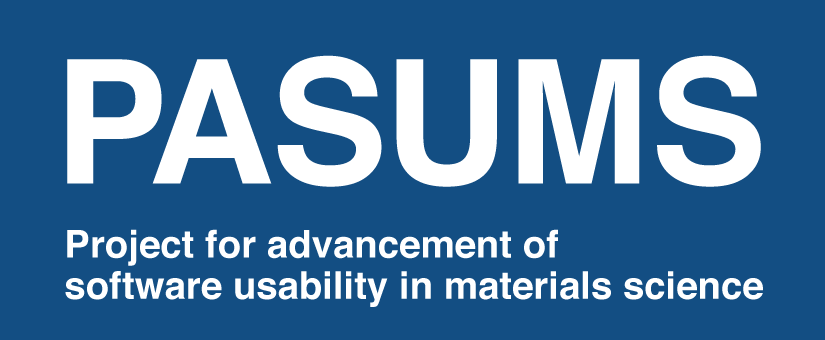About mVMC
What is mVMC?
A low-energy solver for a wide ranger of quantum lattice models (multi-orbital Hubbard model, Heisenberg model, Kondo-lattice model) by using variational Monte Carlo method. User can obtain high-accuracy wave functions for ground states of above models. Users flexibly choose the correlation factors in wavefunctions such as Gutzwiller, Jastrow, and doublon-holon binding factors and optimize more the ten thousand variational parameters. It is also possible to obtain the low-energy excited states by specifying the quantum number using the quantum number projection.
License
GNU General Public License version 3
We hope that you cite the following paper and repository when you publish the results using mVMC.
Paper: https://www.sciencedirect.com/science/article/pii/S0010465518303102
BibTeX:
@article{MISAWA2019447,
title = {mVMC—Open-source software for many-variable variational Monte Carlo method},
journal = {Computer Physics Communications},
volume = {235},
pages = {447-462},
year = {2019},
issn = {0010-4655},
doi = {https://doi.org/10.1016/j.cpc.2018.08.014},
url = {https://www.sciencedirect.com/science/article/pii/S0010465518303102},
author = {Takahiro Misawa and Satoshi Morita and Kazuyoshi Yoshimi and Mitsuaki Kawamura and Yuichi Motoyama and Kota Ido and Takahiro Ohgoe and Masatoshi Imada and Takeo Kato}
}
Repository: https://github.com/issp-center-dev/mVMC
Availability
Linux,Mac
Core Developers
- Takahiro Misawa (Institute for Solid State Physics ,The University of Tokyo)
- Satoshi Morita (Institute for Solid State Physics ,The University of Tokyo)
- Takahiro Ohgoe (Department of Applied Physics ,The University of Tokyo)
- Kota Ido (Department of Applied Physics ,The University of Tokyo)
- Masatoshi Imada (Department of Applied Physics ,The University of Tokyo)
- Kazuyoshi Yoshimi (Institute for Solid State Physics ,The University of Tokyo)
- Mituaki Kawamura (Institute for Solid State Physics ,The University of Tokyo)
- Takeo Kato (Institute for Solid State Physics ,The University of Tokyo)
Parallelization
OpenMP, MPI, and hybrid parallelization are supported. Massively parallelized simulation on the K-computer has been reported.

